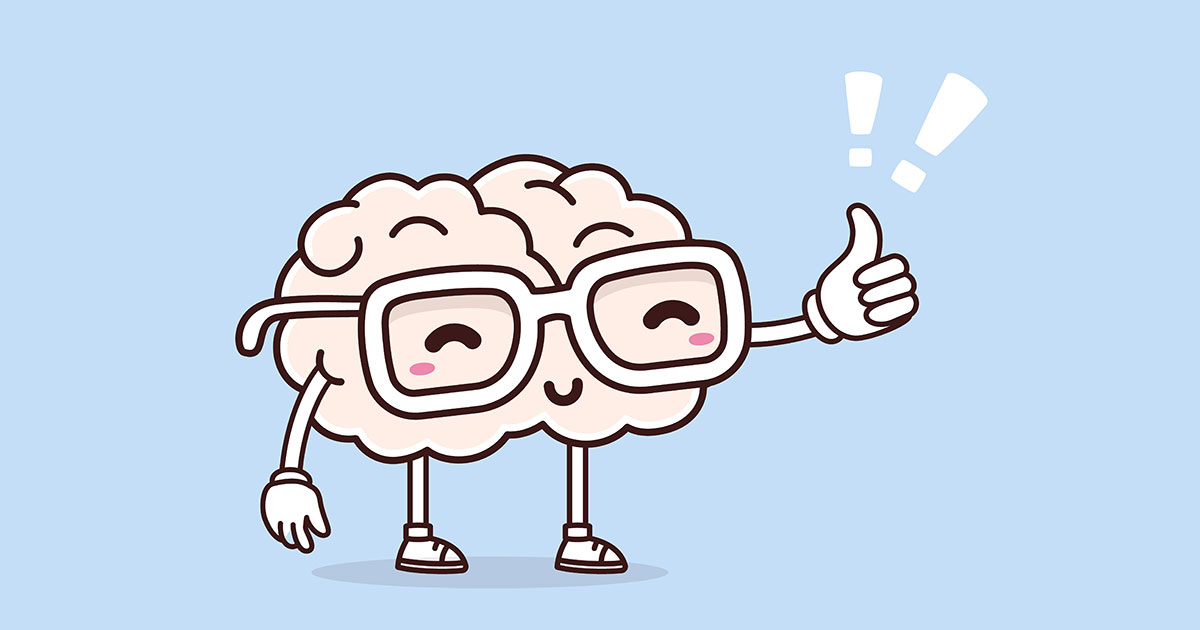Social anxiety and shyness can make everyday situations—like chatting with coworkers, going to a party, or even ordering coffee—feel overwhelming. If you’re looking for ways to feel calmer and more confident, you’re not alone. While therapy and lifestyle changes are key, many people also turn to supplements for extra support. But with so many options out there, which ones actually work?
In this guide, we’ll break down the top supplements for social anxiety and shyness, what the science says, and how to use them safely.
Why Consider Supplements for Social Anxiety?
First, it’s important to know that supplements aren’t a “magic cure.” But they can help support your mind and body when you’re working on overcoming anxiety and building confidence. Many supplements are backed by research showing they can ease anxiety symptoms, improve mood, and even help you think more clearly in stressful situations.
Supplements can be especially helpful if you:
- Struggle with nervousness in social settings
- Want a natural way to support your mental health
- Are looking for something to use alongside therapy or self-help strategies
Top Supplements for Social Anxiety and Shyness in 2025
Here are the most popular and research-backed supplements people are using this year:
1. Magnesium
Magnesium is one of the most recommended minerals for anxiety. It helps regulate neurotransmitters that calm your brain and nervous system. Low magnesium levels are linked to higher anxiety, so supplementing can make a real difference for some people.
2. L-Theanine
Found naturally in green tea, L-theanine is known for its calming effects without causing drowsiness. It can help you feel more relaxed in social situations and is safe to use daily. Many people combine it with a small amount of caffeine for focus without the jitters.
3. Ashwagandha
This adaptogenic herb has been used for centuries in Ayurvedic medicine to combat stress and anxiety. Studies show it can lower cortisol (the stress hormone) and help you feel more balanced emotionally.
4. Omega-3 Fatty Acids
Omega-3s (from fish oil or algae oil) are great for brain health and mood. Research suggests they can reduce symptoms of anxiety, possibly by lowering inflammation in the brain.
5. Vitamin D
Low vitamin D is linked to higher rates of anxiety and depression. If you don’t get much sun, a supplement could help balance your mood and support your overall mental health.
6. B-Vitamins (Especially B6 and B12)
B-vitamins are essential for a healthy brain and nervous system. They help your body manage stress and may reduce feelings of anxiety, especially if you’re low on them.
7. Rhodiola Rosea
Another adaptogen, rhodiola helps your body handle stress and may improve energy, mood, and focus. Some people find it especially helpful before stressful events like presentations or social gatherings.
8. Bacopa Monnieri
Traditionally used in Ayurvedic medicine, bacopa is known for its calming effects and ability to improve memory and focus. Some studies suggest it can help reduce anxiety over time.
9. Saffron
This spice isn’t just for cooking! Recent research points to saffron’s ability to boost mood and ease anxiety, likely due to its antioxidant properties.
10. Chamomile & Lemon Balm
Both of these herbs are gentle, natural ways to relax. Chamomile is famous for its calming tea, while lemon balm is often used to soothe nerves and improve sleep.
11. GABA (Gamma-Aminobutyric Acid)
GABA is a neurotransmitter that helps calm your brain. Supplementing with GABA may help some people feel less anxious, though it doesn’t work for everyone because it may not cross the blood-brain barrier.
12. Probiotics
Gut health and mental health are closely linked. Probiotics can support a healthy gut microbiome, which may help lower anxiety and improve mood.
How to Use Supplements Safely
- Talk to your doctor: Especially if you’re taking medication or have health conditions.
- Start with one supplement at a time: This helps you notice what’s working and avoid side effects.
- Go for quality: Choose reputable brands that test for purity and potency.
- Be patient: Natural supplements may take a few weeks to show effects.
What Else Can Help with Social Anxiety?
Supplements can be a great support, but they work best when combined with other tools:
- Therapy: Especially cognitive-behavioral therapy (CBT)
- Mindfulness and meditation
- Regular exercise
- Healthy sleep habits
- Gradual exposure to social situations
Remember, everyone’s different—what works for one person might not work for another. It’s all about finding what helps you feel your best.
Final Thoughts
If social anxiety and shyness are holding you back, you’re not alone—and there’s no shame in seeking support. Supplements can be a helpful part of your toolkit, but they’re just one piece of the puzzle. With the right mix of self-help, community, and (if needed) professional support, you can build confidence and enjoy life more fully.


Trackbacks/Pingbacks